
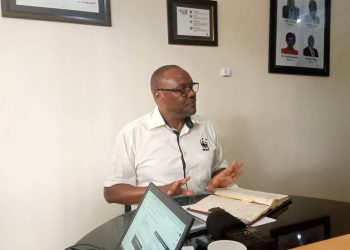
David Duli the WWF country Director, Courtesy photo
The world wild Fund (WWF) has called upon stakeholders in the energy and minerals sector to prioritize development, implementation of policies and legislation that promote a sustainable biomass value chain that promotes renewable energy (RE).
While speaking to the press at the Uganda Media Centre during the launch of the Energy and minerals week running from December 1-4, 2020, the WWF country Director David Duli said the key to the transition to Renewable energy, is the use of efficiently produced biomass fuels, efficient cooking and conversion devices at both household and industrial levels.
According to a 2015 energy report for ‘Uganda-100 RE future by 2050’produced by the WWF, its possible for Uganda to meet 100% of its energy needs from RE resources, the suggested scenario was developed not only considering the need for all Ugandans to Access modern energy services, but also the need to ensure that energy demand is met by sustainable and renewable energy resources as opposed to non renewable energy.
In relation to the report, Dubi said Government and private sector should increase financing and investments in off grid electricity infrastructure that can supply remote off grid areas, as well as grid proximate consumers who currently can’t afford grid costs with affordable electricity.
“The country has RE potentials totaling to over 6,500MW (Hydro-4,100mw, Biomass-1,650, solar power-200mw and Geo-thermo-450mw), however, only 20mw equivalent to 20.4% is exploited, resulting in low access to electricity,” he noted.
Dubi added, “High efficient and unregulated use of solid biomass energy is predominant in the country, which poses a key limitation to attaining sustainability in the energy sector.”
According to the Uganda Bureau of Statistics (UBOS) in 2010 the demand for wood energy is expected to double by 2025.
Dubi called for the establishment of clear and consistent policies and legislations for sustainable development of extractives, RE and environmental stewardship.
He said government should establish and ensure functionality of coordination mechanisms across ministries, departments, agencies and stakeholders for effective implementation.
“For sustainable development of extractives sector, there should be support for continuously monitoring the implementation of environmental and social management plans (ESMPs) to minimize the negative impacts due to the extractives projects developments,” Dubi said.
He added “any revenues from oil extraction and oil exports should be used to invest in green infrastructure such as RE projects.”
According to Dubi, WWF has with support from different development partners like; Norad, Soda, Danida, BMZ and European Union facilitated the access of 42,600 energy saving stoves and 11,200 solar systems to homes, schools and health centers.
He said, “This has resulted into avoidance of about 1.25 million tones of GHG emissions annually which has led to at least 50% reduction in biomass use in 42,600 homes and access to electricity for lighting, phone charging, entertainment and productive use in 11,200 homes.”
Dubi said most of this work has been done in the Albertine Rift Region (ARR) an area rich in natural resources and biodiversity containing of over 70% of Uganda’s protected areas
The State Minister for energy Eng. Simon D’Ujanga said, government recognizes that biomass in form of firewood, charcoal and crop residues has continued to be the main source of cooking energy in Uganda whereby cooking energy share stands at 97% biomass fuels.
“In view of mitigating against accelerated deforestation, the use of alternative, clean and modern cooking solutions such as electric pressure cooking and Liquefied Petroleum Gas (LPG) is being promoted at household level,” D’ujanga said.
D’ujanga thanked the sponsors of the Energy & Minerals Week 2020, these include World Wide Fund for Nature (WWF),GIZ, Cities and Infrastructure for Growth (CIG) Uganda, Eskom Uganda Limited, Power for All,Environmental Alert and Electricity Regulatory Authority (ERA).
The annual Energy & Minerals Week held since 2005 is an awareness centered week that is organized as part of government campaigns to encourage the sustainable utilization of energy and minerals in Uganda.


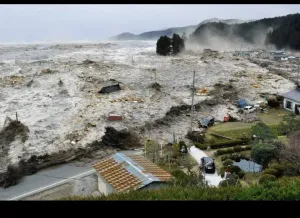

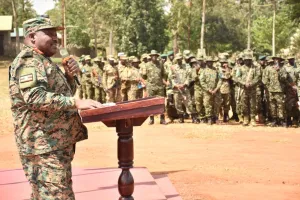
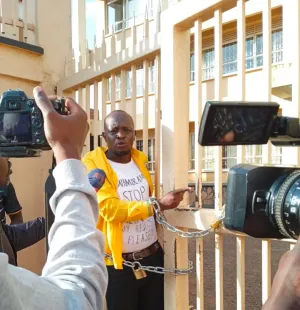





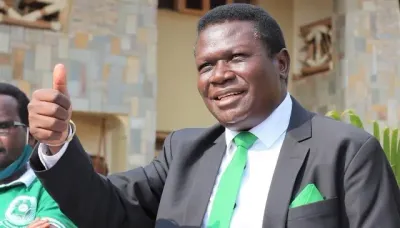
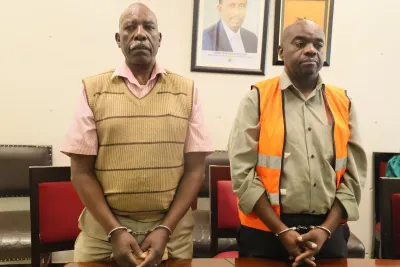
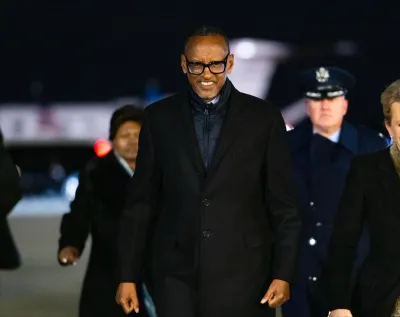
Muhamadi Byemboijana
Leave a Comment
Your email address will not be published.